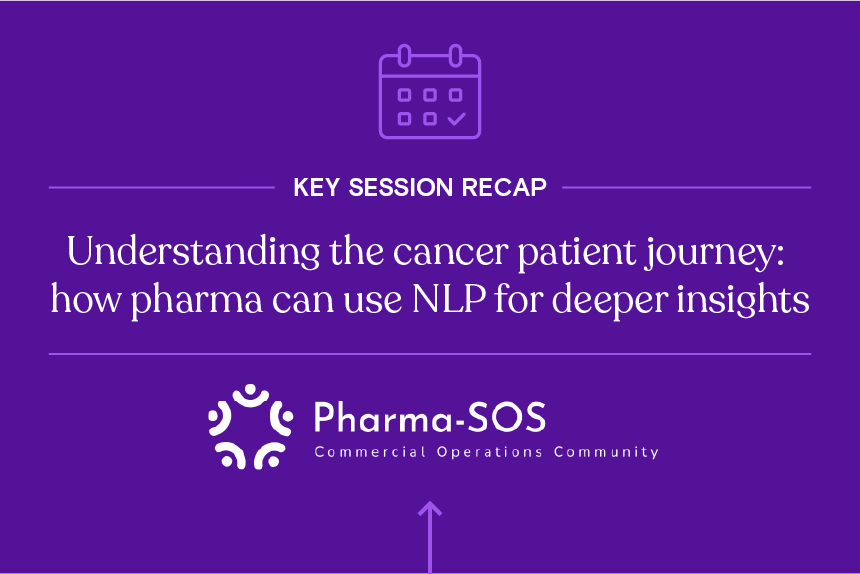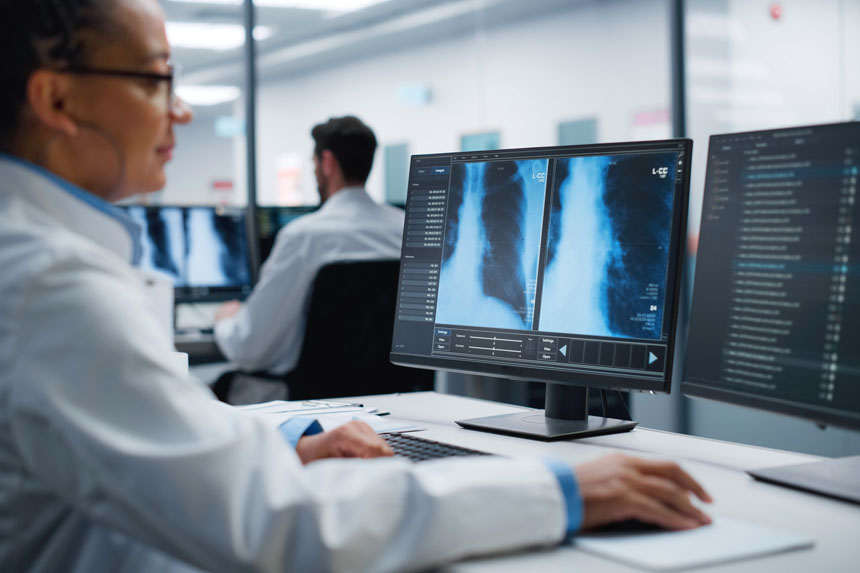Precision medicine is ushering in an era of personalized treatments tailored to individual patients. One area experiencing significant growth is the development of orphan drugs—medications designed to treat rare diseases—in part because of significant investment by medtech and pharmaceutical companies. In 2024, the FDA reported that nearly half of all approved novel medications were orphan drugs, underscoring a growing focus on treating niche patient populations.
Orphan drugs are unlike traditional medications. They target specific conditions affecting small patient groups and require specialized handling, making them inaccessible through traditional corner pharmacies. Instead, these treatments are distributed through specialty pharmacies, which play a pivotal role in delivering these therapies and supporting patient care.
For biopharma and medtech companies, understanding the specialty pharmacy landscape is crucial for navigating the complexities of orphan drug distribution and seizing emerging opportunities in this space.
What is a specialty pharmacy?
A specialty pharmacy is a highly specialized healthcare provider focused on dispensing medications for complex, chronic, or rare conditions. These pharmacies are vital in managing therapies that often require intricate handling, administration, or monitoring. According to Definitive Healthcare data, the most common therapy areas covered by specialty pharmacies include:
- Oncology
- HIV/AIDS
- Bleeding and blood disorders
- Rheumatoid arthritis and autoimmune diseases
- Neurological conditions like multiple sclerosis
Unlike commercial pharmacies, specialty pharmacies go beyond merely dispensing medications. They are integral to patient care, offering services such as:
- Medication adherence support: Ensuring patients follow prescribed regimens to improve outcomes.
- Financial assistance: Helping patients navigate insurance complexities or find funding for costly treatments.
- Care coordination: Collaborating with healthcare providers to optimize therapy management.
This hands-on approach not only improves patient outcomes but also enhances the overall healthcare experience.
Specialty pharmacies and integrated delivery networks (IDNs)
IDNs and health systems frequently partner with or operate specialty pharmacies. These affiliations help streamline patient access to complex therapies while enabling better integration across the care continuum.
Definitive Healthcare tracks nearly 3,200 specialty pharmacies across the U.S., spanning approximately 440 pharmacy and health system networks. Among these, nearly half are affiliated with IDNs. Leading health systems with extensive specialty pharmacy networks include Johns Hopkins Health System, INTEGRIS Health, Mercyhealth, and Penn Medicine.
Geographic distribution of specialty pharmacies
Fig 1 Map representing the distribution of specialty pharmacies across the U.S. leveraging Definitive Healthcare’s proprietary data as of December 2024.
Where are the most specialty pharmacies located?
Specialty pharmacies are predominantly located in urban areas to better serve densely populated regions where specialized healthcare demand is highest. The eastern U.S., particularly the Northeast and Southeast, hosts more than half of all specialty pharmacies. In contrast, the Southwest has the fewest, with less than 370 facilities as of December 2024.
This urban-centric distribution presents challenges for rural patients but also creates opportunities for targeted expansion and collaboration with regional IDNs.
Opportunities for biopharma and medtech companies
Specialty pharmacies are more than just distribution channels—they are strategic partners that can help biopharma and medtech companies bring life-changing therapies to market. Here’s how:
Enhancing orphan drug accessibility
Orphan drugs often face unique hurdles, such as limited patient populations and complex distribution needs. Insights into specialty pharmacy locations, therapeutic focus areas, and IDN affiliations can enable biopharma companies to:
- Optimize clinical trial recruitment by targeting regions with relevant specialty pharmacy networks.
- Streamline the supply chain to ensure timely delivery to niche patient populations.
- Partner with specialty pharmacies for post-market surveillance and patient education.
Expanding medtech market reach
For medical device companies, understanding the relationships between IDNs and specialty pharmacies is equally critical. For example, identifying whether a Center of Excellence for a specific therapy is affiliated with a specialty pharmacy can unlock new market opportunities. This knowledge allows medtech companies to:
- Develop targeted strategies for product deployment in high-impact facilities.
- Collaborate with IDNs and specialty pharmacies to integrate devices into existing treatment protocols.
By leveraging specialty pharmacy networks, medtech companies can strengthen their position in markets where devices complement advanced therapeutic solutions.
Learn more
The specialty pharmacy sector is an essential and growing component of modern healthcare, especially in the era of precision medicine. For biopharma and medtech companies, understanding this landscape isn’t just advantageous—it’s essential for navigating the complexities of orphan drug distribution and capitalizing on emerging opportunities.
By leveraging insights into specialty pharmacies and their affiliations with IDNs, companies can accelerate the delivery of innovative treatments and devices to the patients who need them most.
Looking to bring an orphan drug or specialized therapy to market? Start a free trial with Definitive Healthcare today to access comprehensive data on specialty pharmacy networks, therapeutic focus areas, and key healthcare stakeholders. Let us help you identify impactful opportunities and optimize your market strategy.





